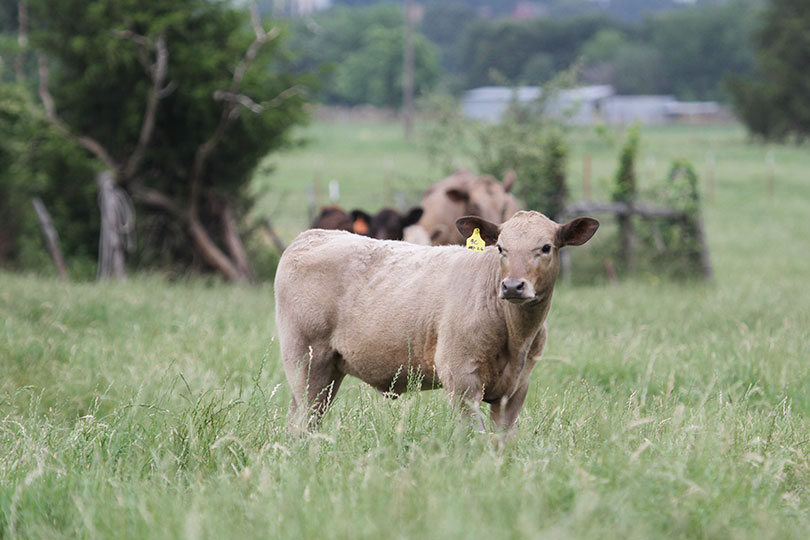By Jennifer Whitlock
Field Editor
Ranchers and other members of the beef supply chain have long expressed the need for increased transparency in the beef cattle industry. Recent events like the COVID-19 pandemic and Holcomb meatpacking plant fire strengthened that message to the point where lawmakers appear to have finally heard those concerns.
A bipartisan U.S. Senate bill, the Cattle Market Transparency Act of 2021, would restore transparency and enhance accountability through establishing regional cash minimums and equipping cattle operations with more pricing information.
“America’s ranchers don’t control the prices they are paid for their products, and those raising livestock have legitimate questions about pricing. When the pandemic hit, meat prices at grocery stores went up while the prices paid to farmers fell through the floor,” American Farm Bureau Federation (AFBF) President Zippy Duvall said. “This legislation will ensure farmers and ranchers have fair access to markets and are fully informed on pricing so they can continue to put food on the table in homes across the country.”
Nebraska Sen. Deb Fischer, a member of the Senate Committee on Agriculture, Nutrition and Forestry, and Oregon Sen. Ron Wyden reintroduced the act after it failed to gain any traction when Fischer first filed it during the 116th Congressional Session last year.
“I am pleased to reintroduce this bill with bipartisan support. It will help facilitate price discovery and provide cattle producers with the information they need to make informed marketing decisions,” Fischer said in a press release. “I am committed to working across the aisle to advance the bill forward this Congress.”
Farm and ranch organizations, including AFBF and Texas Farm Bureau (TFB), are supportive of the new legislation. The bill aligns with goals set forth last year by the AFBF Cattle Market Working Group.
Ten state Farm Bureau presidents, including TFB President Russell Boening, spent several months investigating factors that led to those major market disruptions and considering solutions and proposals before developing the final report.
“The COVID-19 pandemic clearly disrupted markets and our processing systems, but cattle producers were also affected by the closure of the Tyson beef packing plant in Kansas after a fire late last year,” Boening said. “The working group invited input from economists, government staff, university staff and other industry experts to help us better understand these two events and the factors impacting the beef industry and our Farm Bureau members.”
According to Fischer’s press release, in addition to the regional cash thresholds and a public marketing contracts database, the Cattle Market Transparency Act will also prohibit USDA from using confidentiality as a justification for not reporting livestock mandatory reporting (LMR) from packers. It mandates packers report the number of cattle scheduled to be delivered for slaughter each day for the next 14 days to USDA on a daily basis.
“Texas is different than other cattle-feeding areas in the country so having that understanding built into the legislation was important to us,” Tracy Tomascik, TFB associate director of Commodity and Regulatory Activities, said. “We look forward to our continued work with leadership in D.C. to find commonsense solutions on issues important to farmers and ranchers.”
Congresswoman Vicky Hartzler, who represents Missouri, is expected to introduce companion legislation in the U.S. House of Representatives soon.


Very good!